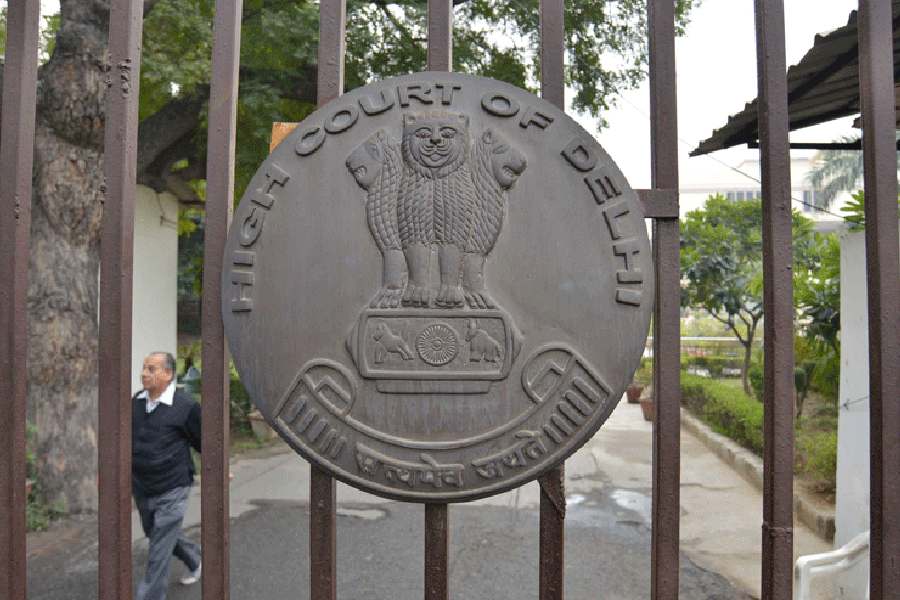The Delhi High Court has set aside an order upholding the Central Information Commission's (CIC) direction to telecom regulator TRAI to collect and furnish information under RTI proceedings about the alleged tapping of a mobile user's phone.
A bench headed by Justice Vibhu Bakhru allowed an appeal filed by the Telecom Regulatory Authority of India (TRAI) against a single-judge bench order and said an act of surveillance is carried out under the government's directions and in the interest of the country's sovereignty and integrity, the security of the State, friendly relations with foreign states or public order, or for preventing incitement to the commission of an offence, and is exempted under the Right to Information (RTI) Act.
"Any orders passed by the government concerned in relation to interception or tapping or tracking of a phone is passed when the authorised officer is satisfied that it is necessary or expedient to do so in the interest of the sovereignty and integrity of India, the security of the State, friendly relations with foreign states or public order, or for preventing incitement to the commission of an offence," the bench, also comprising Justice Amit Mahajan, said in a recent order.
"In a given case, the disclosure of any such information, therefore, may impede the process of investigation and may be construed to prejudicially affect the sovereignty and integrity of India, the security, the strategic, scientific and economic interest of the State, relations with foreign states or lead to incitement of an offence, and would therefore be exempted from disclosure under the terms of section 8 of the RTI Act," the court concluded.
It further said phone tapping does not fall under the affairs of telecom service providers and the information sought also does not relate to the functions of the TRAI under the law.
"Any contrary view would give the authority (TRAI) unbridled power to call for information and interfere with the functions of telecom service providers, and also would not be in consonance with the objects sought to be achieved by the TRAI Act," the court said.
It said the TRAI was established for the purpose of regulating telecom services to protect the interest of the service providers and consumers in the telecom sector, and to promote and ensure an orderly growth of the sector.
The court noted that "information" under the RTI Act includes any information relating to any private body, which can be accessed by a public authority under any other law for the time being in force.
The high court had, in August 2021, stayed the single-judge order, saying irreparable damage will be caused if the same was not done.
Lawyer Kabir Shankar Bose had filed an RTI application seeking information and details on whether his phone was being tapped and by which agency.
The telecom regulator had said directions to intercept a phone number are issued only by government officials of certain ranks and such information cannot be collated by it and furnished to a consumer or subscriber as it would "prejudicially affect the sovereignty and integrity of the nation".
Bose had moved the CIC after his telecom service provider, Vodafone, declined his request for information on whether his phone was being tapped.
The company had claimed that it did not come under the ambit of the RTI Act. Bose had then moved the TRAI, which said it did not have the information he had asked for.
The CIC, in its September 12, 2018 order, asked the TRAI to obtain the information from the telecom company and provide it to Bose.
The TRAI challenged it in the high court and the single judge, on November 20, 2018, upheld the CIC's decision, saying the TRAI has the powers to call for any information or conduct an investigation where it considers expedient.
The single-judge order also said the TRAI does have the obligation to get the information from the private body and furnish it to the subscriber.
Except for the headline, this story has not been edited by The Telegraph Online staff and has been published from a syndicated feed.

